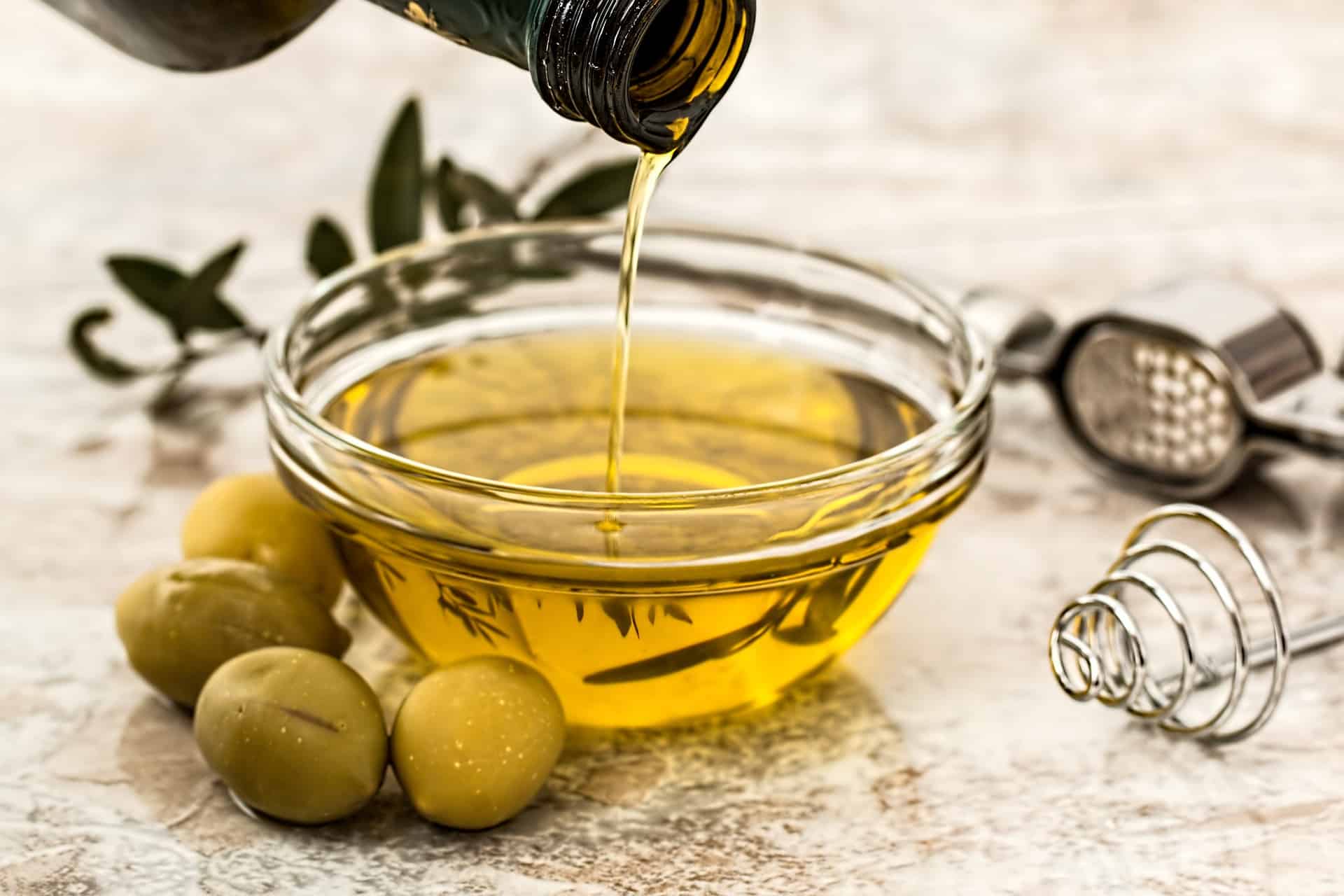About 70 of olive oil being sold is not actually pure olive oil

About 70% of Olive Oil Being Sold Is Not Actually Pure Olive Oil

Did you know that the bottle of “pure” olive oil you have in your kitchen might not actually be pure at all? Shockingly, studies have revealed that around 70% of olive oil being sold in the market today is not genuine olive oil. This alarming fact raises concerns about the integrity and authenticity of the products we consume daily.
The demand for olive oil has been on the rise due to its numerous health benefits, making it a highly sought-after cooking oil worldwide. Unfortunately, this surge in demand has given rise to fraudulent practices within the olive oil industry. Producers and distributors have been engaging in various deceptive practices to increase their profits at the expense of consumer trust.

So, how is it possible that olive oil, a seemingly simple and pure product, can be so widely adulterated? It mainly stems from the lucrative nature of the market and the high prices associated with genuine olive oil. By diluting or substituting real olive oil with cheaper oils and additives, unscrupulous vendors can maximize their profit margins while deceiving consumers.
Various tests and investigations have confirmed these fraudulent activities. In one study conducted by the University of California, researchers found that a significant percentage of olive oil samples from supermarkets and retail stores labeled as “extra virgin” were not authentic. Further examinations showed that many of these samples contained other vegetable oils, such as soybean or sunflower oil, instead of pure olive oil.
Labeling regulations and certification systems also contribute to the problem. In some cases, olive oil bottles may carry false claims or misleading labels, leading consumers to believe they are purchasing genuine, high-quality olive oil. Even well-known and reputable brands have been found guilty of such practices, leaving consumers puzzled and betrayed.
The consequences of consuming adulterated olive oil can be detrimental to both our health and our pockets. Genuine olive oil is rich in antioxidants and contains anti-inflammatory compounds that offer various health benefits, including heart health, improved digestion, and lowered risk of chronic diseases. However, when olive oil is adulterated, not only are those health benefits compromised, but it also means we are paying a premium for a subpar product.
To protect ourselves from falling victim to this widespread deception, it is essential to be vigilant consumers. Here are a few tips to help you navigate the olive oil market:
Choose reputable brands: Stick to brands that have a longstanding reputation for producing authentic olive oil. Check for certifications from trusted organizations that ensure product quality and purity, such as the International Olive Council (IOC).
Read labels carefully: Scrutinize the labels on olive oil bottles for any signs of potential fraud. Look for phrases like “pure olive oil” or “extra virgin olive oil.” While these terms provide some assurance, it is still important to examine the brand’s reputation.
Trust your senses: Authentic olive oil has a distinct aroma and flavor. Trust your senses when testing a new brand or batch. If the taste seems off or lacks the characteristic olive oil aroma, it might be a red flag.
By practicing these precautionary measures, we can reclaim our trust in the olive oil industry and ensure that we receive the true health benefits of this remarkable product. Together, let’s demand transparency and authenticity from manufacturers and put an end to the widespread adulteration of olive oil.
Source: Food Renegade
Tags
Share
Related Posts
Quick Links
Legal Stuff

